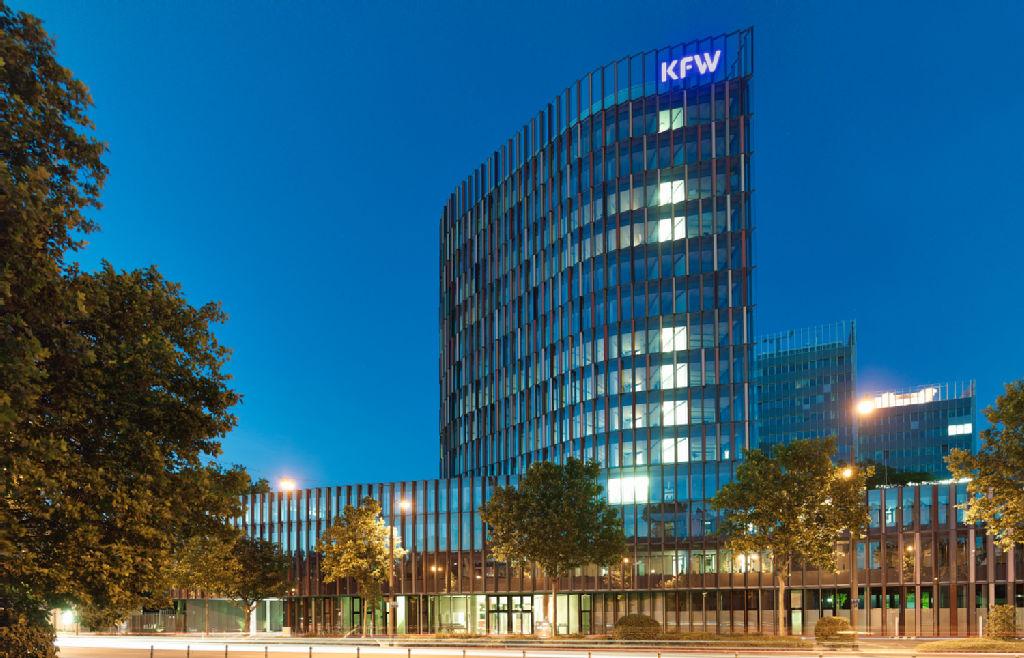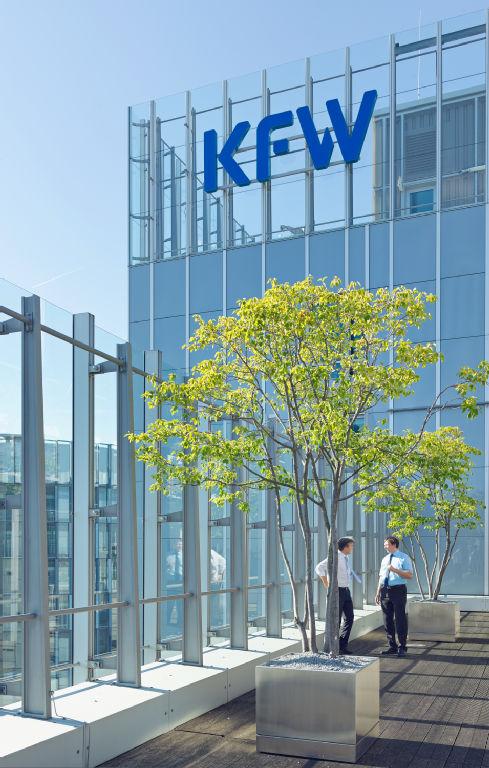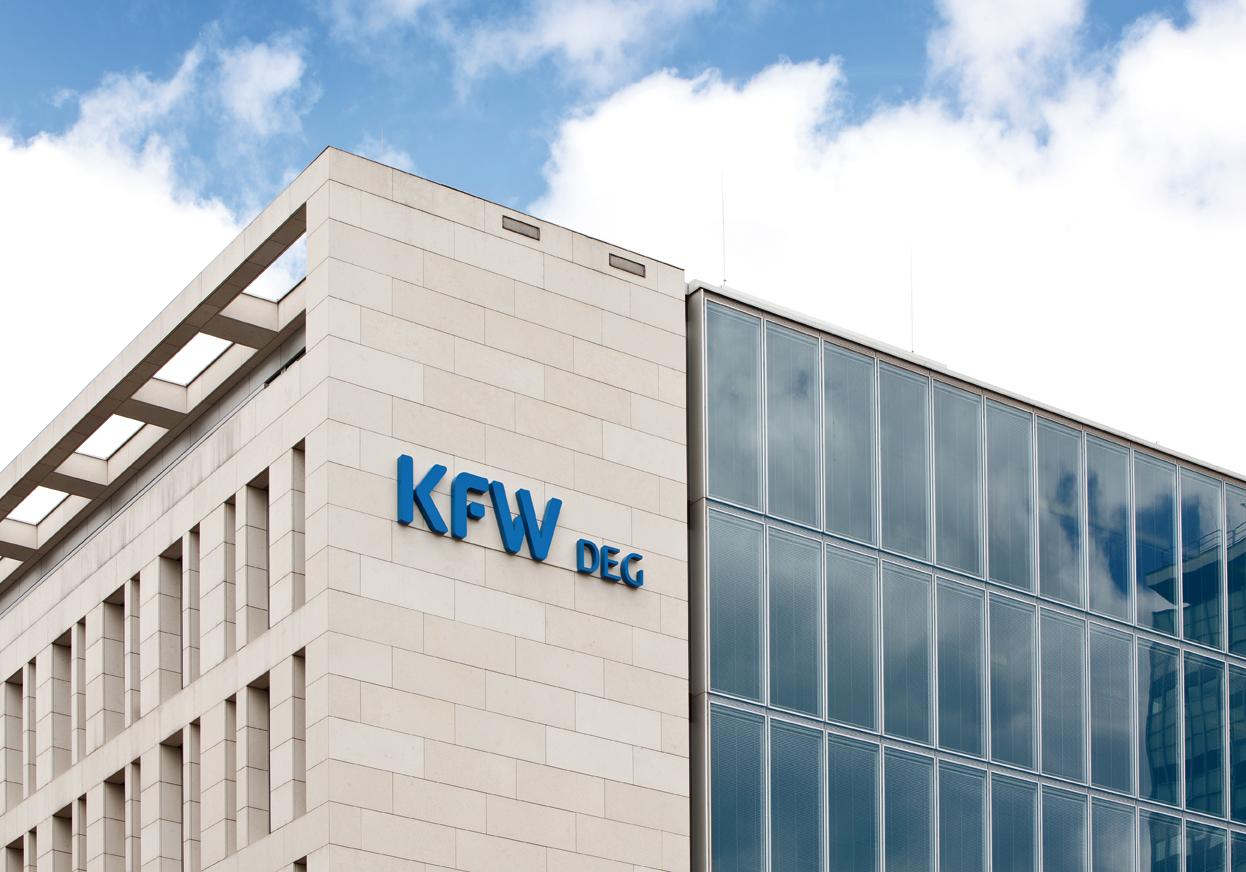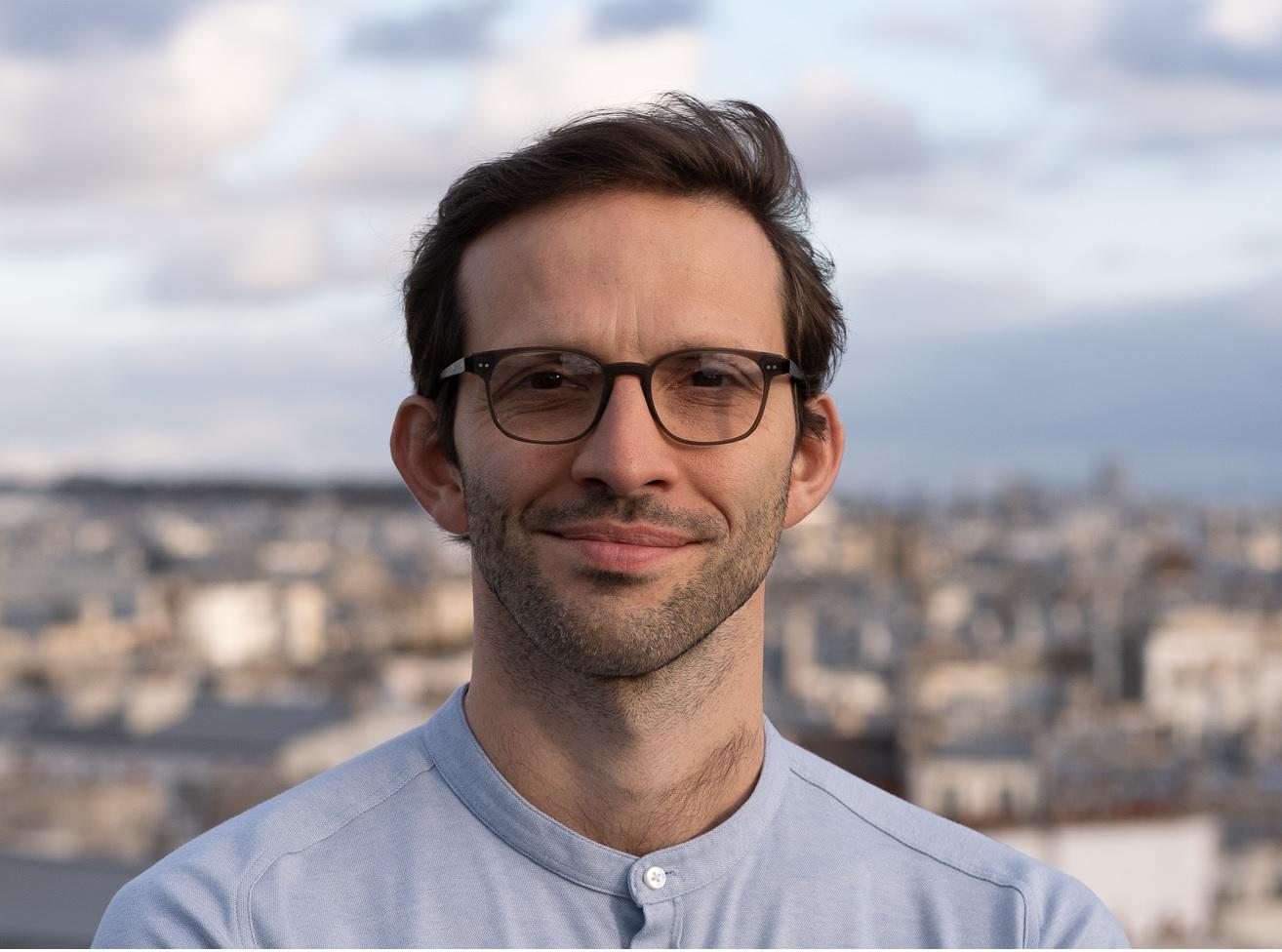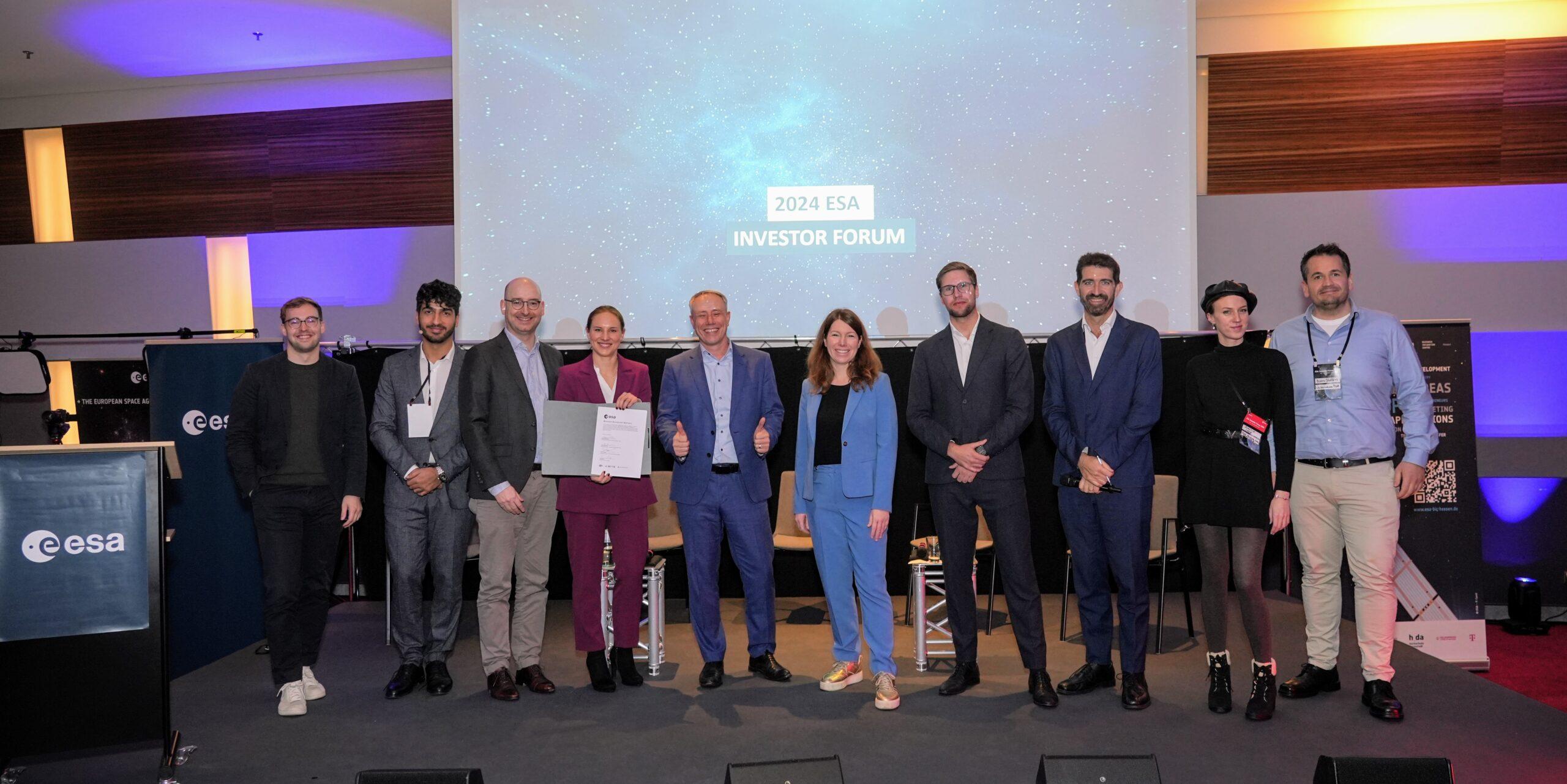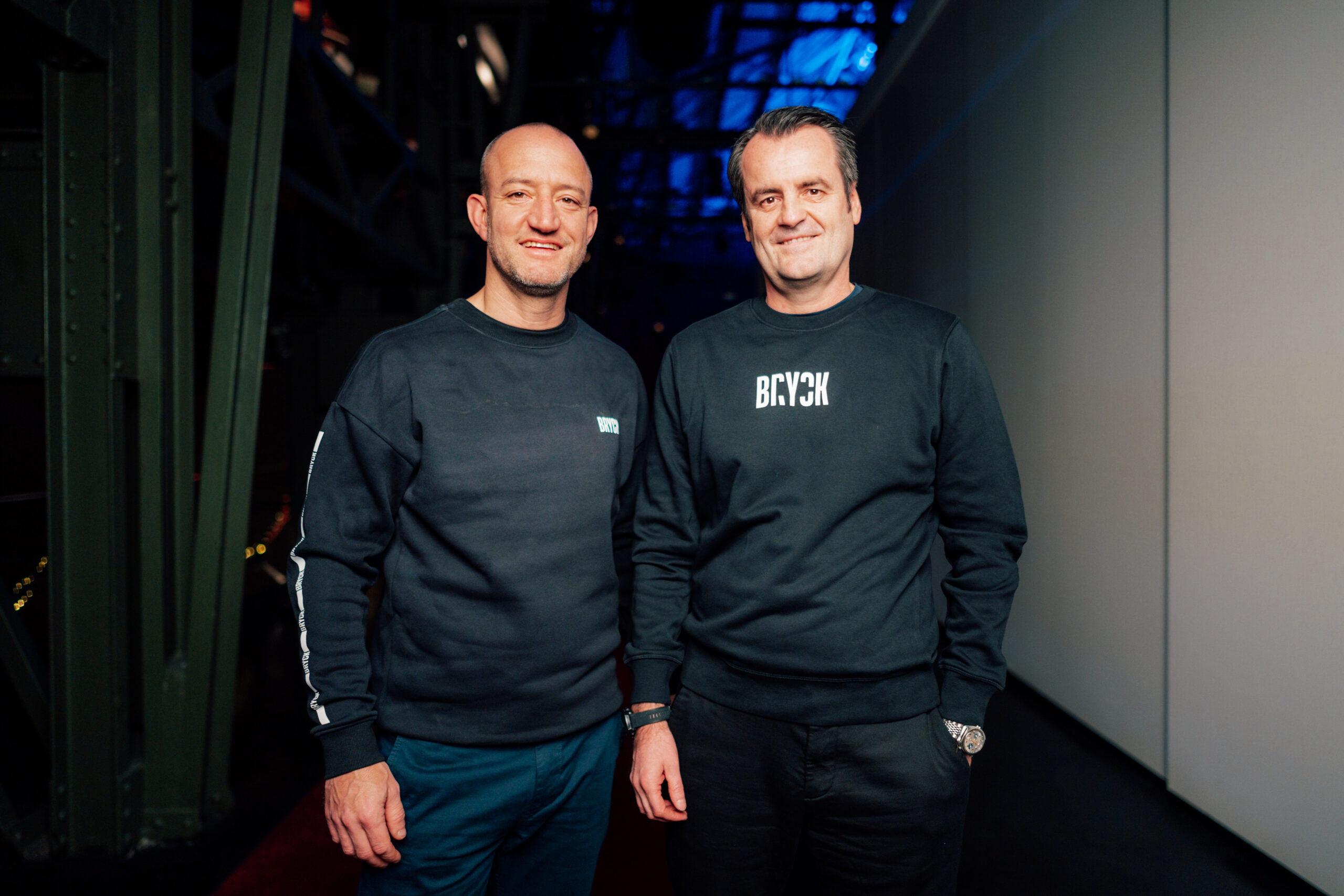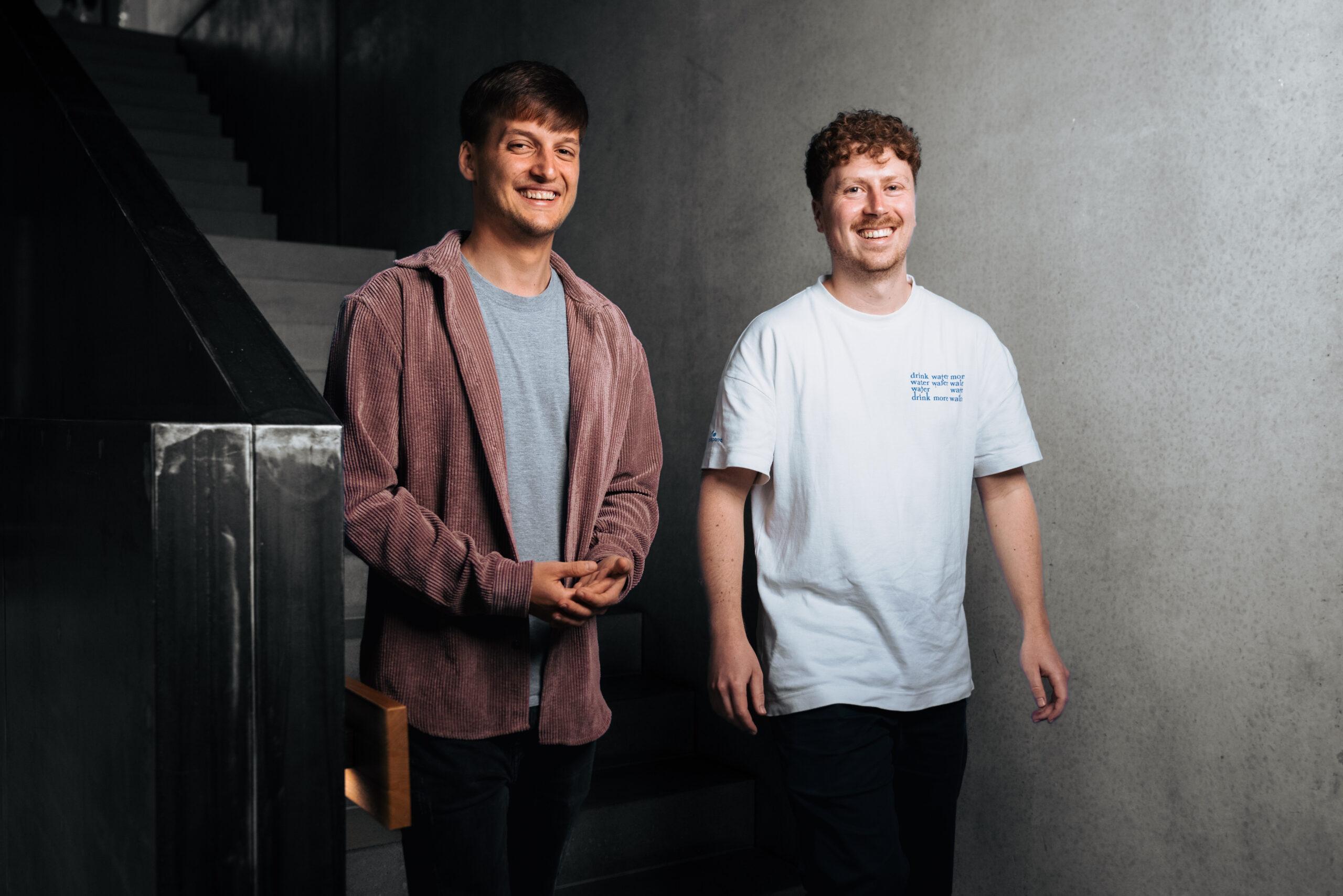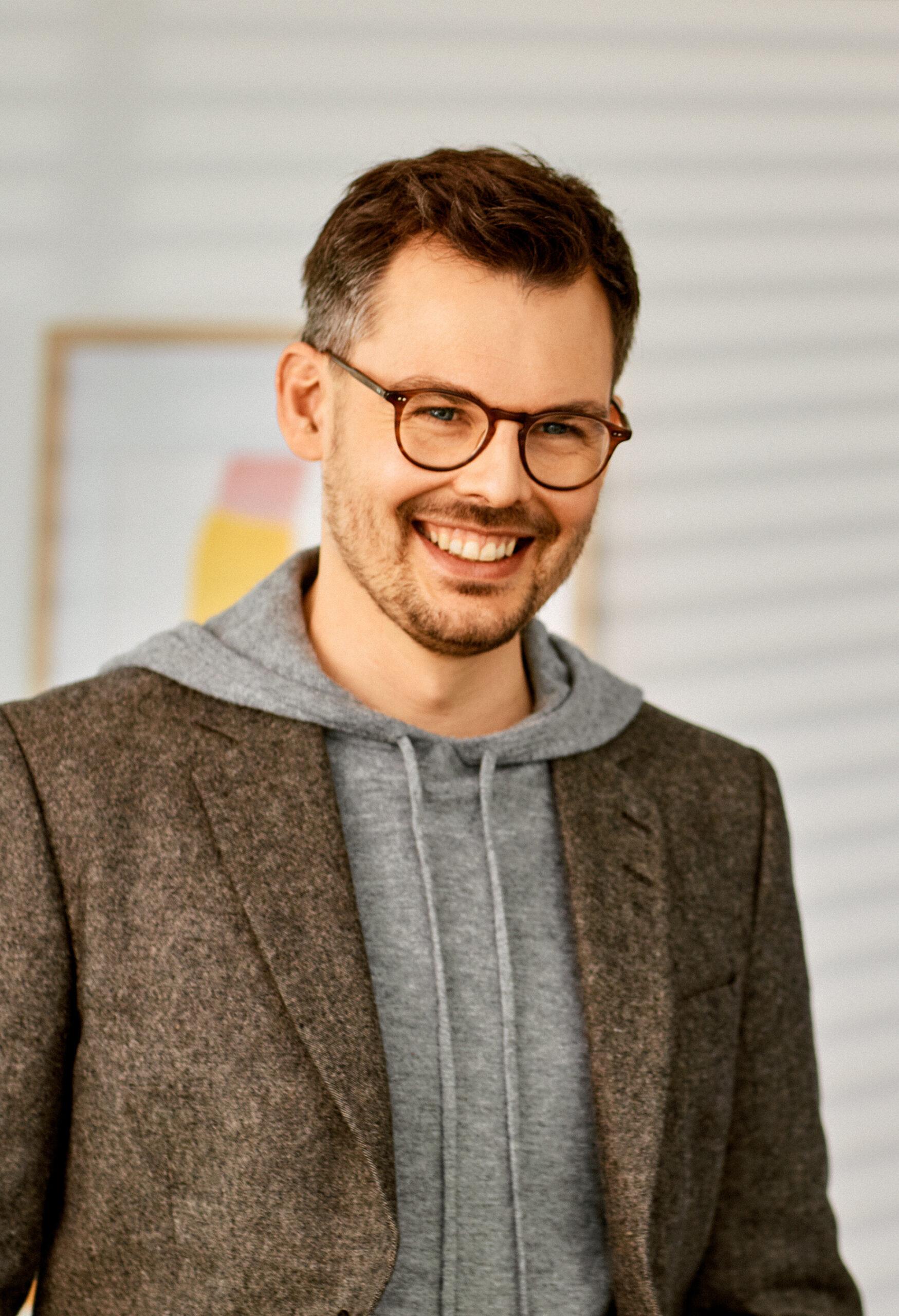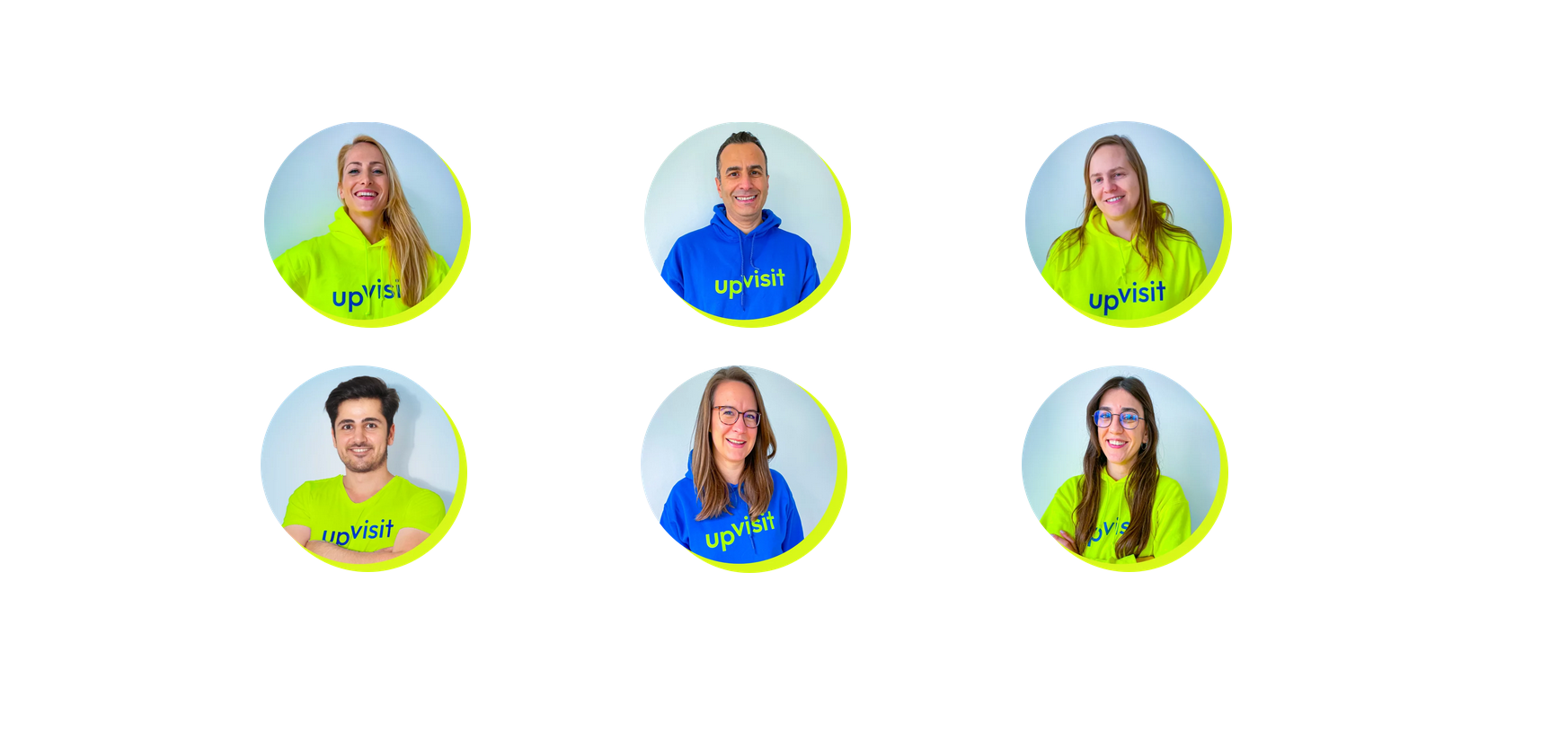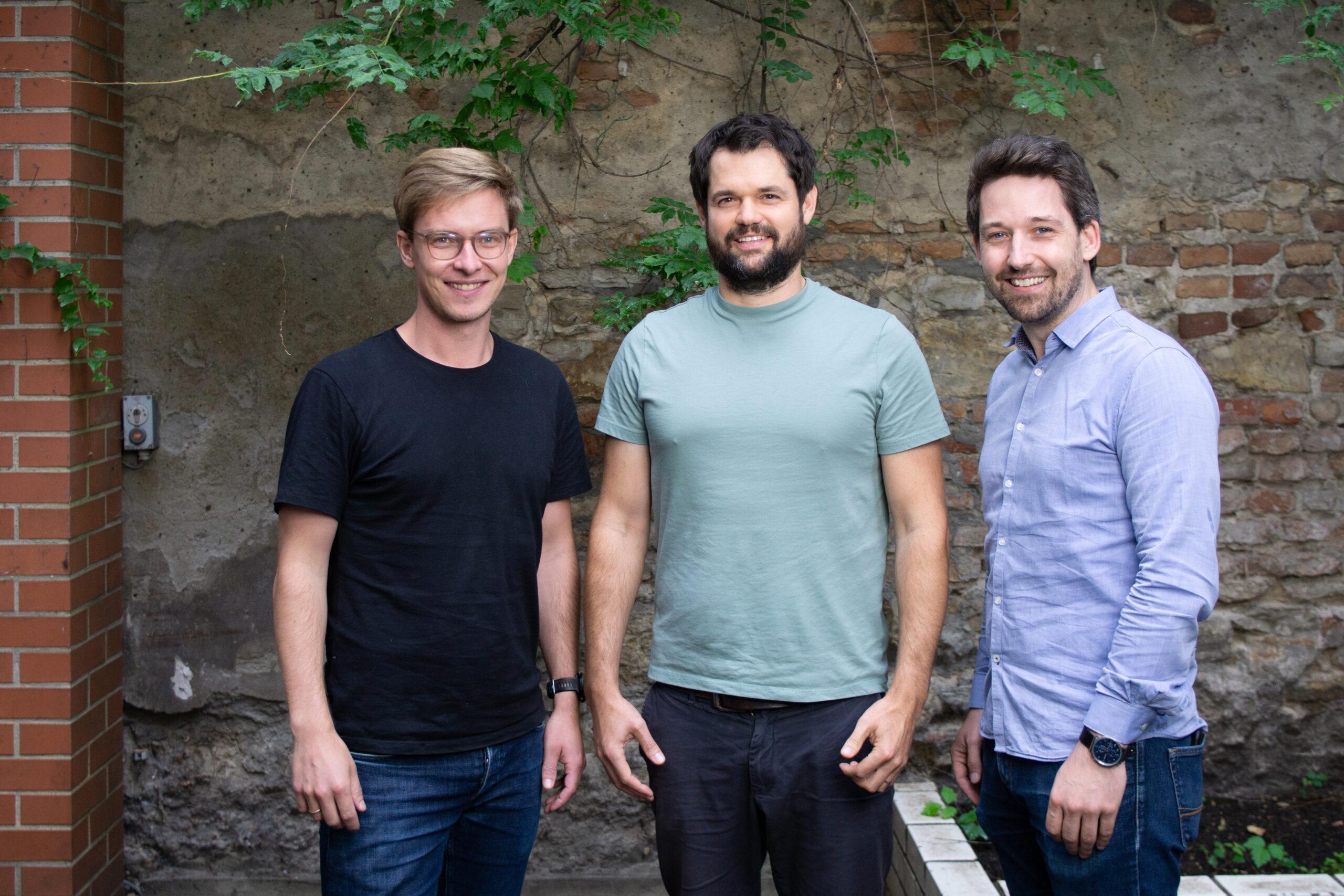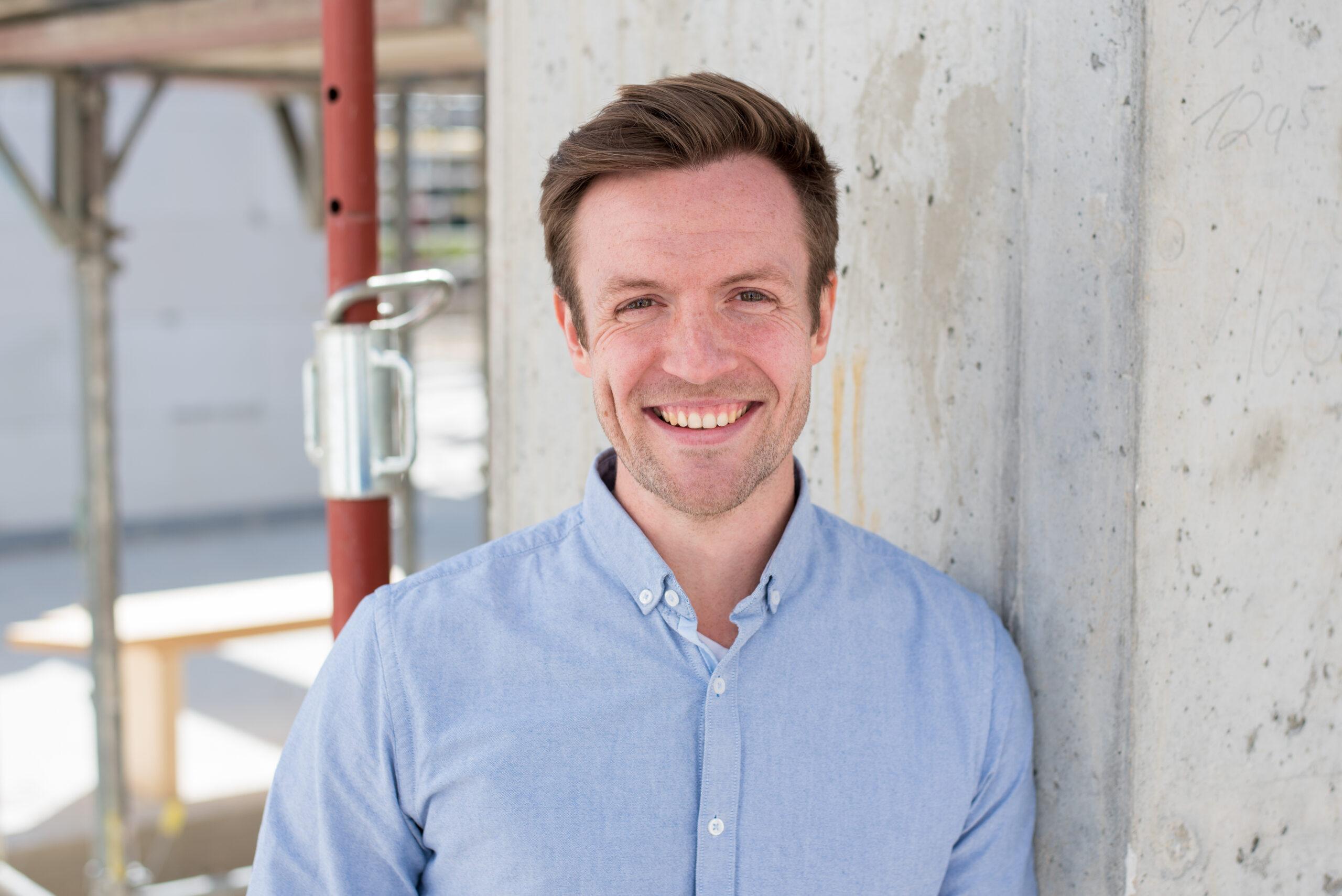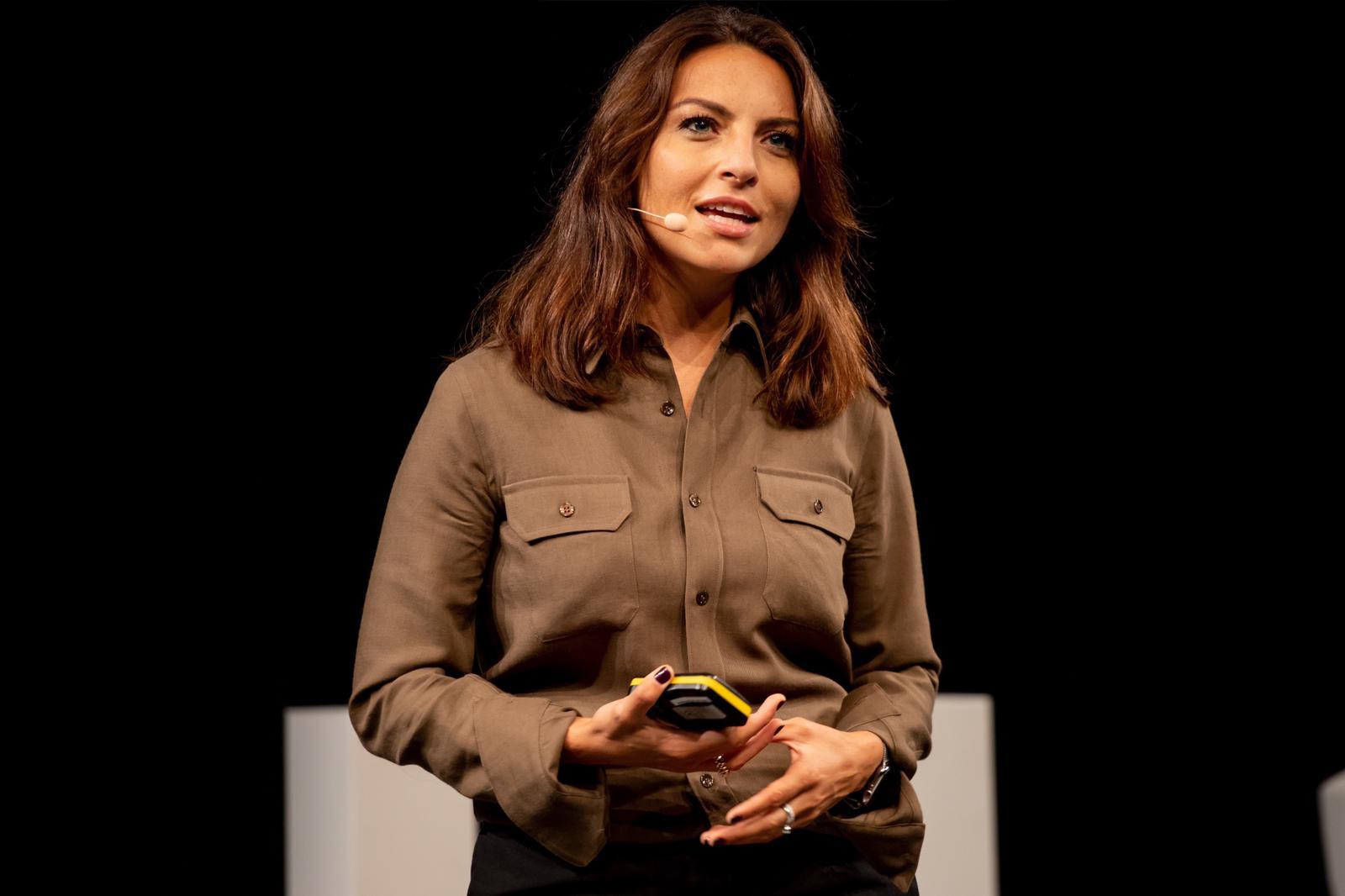Here's how Unicorn Workspaces got back on its feet
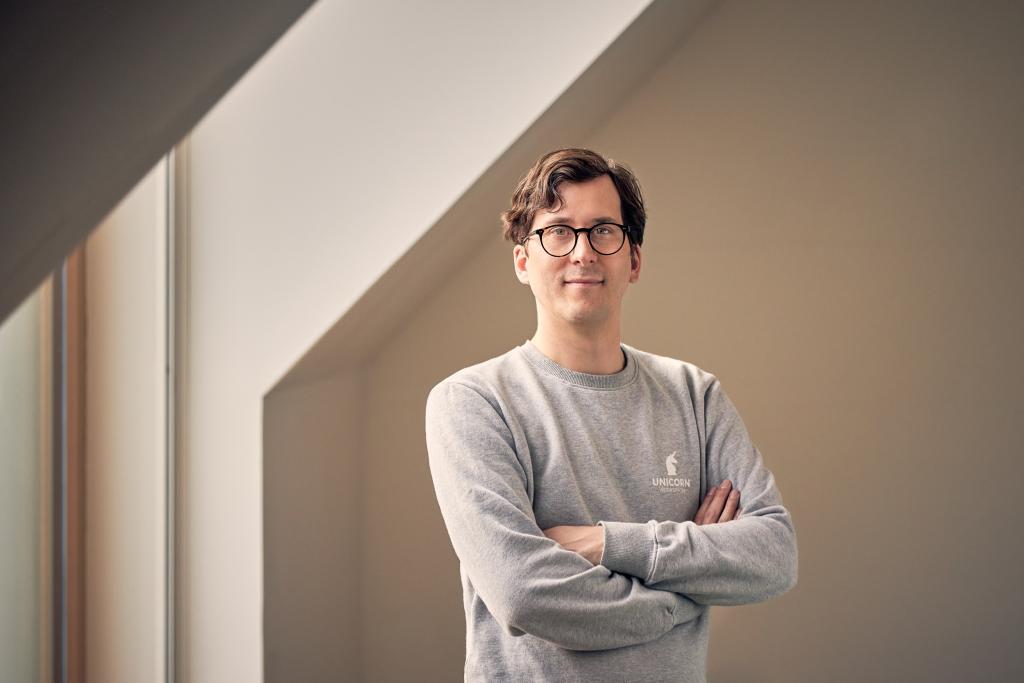
Unicorn Workspaces has been hit hard by the pandemic. But boss Florian Kosak has found more than one creative way to maneuver through the crisis.
In March 2020, Florian Kosak switched into crisis mode. Within just a few weeks, the Managing Director of Unicorn Workspaces, which rents out a total of 16 office complexes in Germany and two in Portugal, saw his turnover collapse. "That was brutal, of course, there's no other way to put it," says Kosak. At the same time, the new investors backed out, not wanting to invest money in a company that earns its money by renting out large areas of office space and then renting them out again on a small scale in the middle of the crisis.
The coronavirus pandemic has temporarily completely destroyed the vision of the shared office. The large shared spaces with long desks, sofas and a coffee bar were more of a threat than a respite in the midst of the pandemic. Who went to the office anymore? And who goes to one that you share with dozens of other people?
At Unicorn Workspaces, a quarter of all tenants spontaneously quit - a moment of shock and the beginning of a change. Instead of constantly expanding, as start-ups do, Managing Director Kosak had to cut costs and cancel projects. "We had to do what no start-up is actually good at: Reduce the number of employees and turn every screw to save a little more money," says Kosak.
"We had to do what no start-up can do well: Reduce the number of employees and turn every adjusting screw to save a little more"
Florian Kosak, boss at Unicorn Workspaces
This also includes building a new relationship with the landlords. Initially, they had to forgo rental income or at least defer it because that was what the government wanted and what the law stipulated. However, when this obligation expired, Kosak negotiated. His argument: if we go bankrupt, you won't benefit. "That worked," he says. "We then also agreed to a lower rent today and a profit share in the future," explains Kosak. So if Unicorn Workspaces is doing well, the landlords are also doing better, a model that has been rare up to now. "We don't have a cash flow problem and the landlords get a little more margin, which doesn't hurt us."
Kosak is putting its employees on short-time working, and the company has to let go of a third of them. Because when there is hardly anyone in the office, the staff around it are no longer needed. Where there used to be 30 or 40 employees, there are now only three or four, the collaboration areas with sofas are closed, and only a coffee-to-go is still available from the baristas on site. Kosak also applied for an 800,000 euro convertible loan via KfW's Pillar 2 funding. All of this has stabilized the business, but another idea is generating additional turnover.
The company now generates half of its turnover with a test center
Nine months after the start of the pandemic, Unicorn set up one test center after another. The idea had come to them earlier. First they tested themselves, then companies asked if Kosak and his team could test their employees. They are now an official and certified test center at various locations, which brings Kosak additional liquidity. "We now make half of our turnover from the test center," says Managing Director Florian Kosak.
A year later, his situation and that of the team has calmed down. While there were a lot of terminations in the spring, the number of rentals has remained stable according to the company and has now leveled off at 64 percent. However, only ten percent actually go to the office regularly, says the founder, with the rest picking up their mail every few days. The financing round was also finalized this week, raising seven million euros.
"It won't be the Stromberg 0815 office that people want to come back to"
Florian Kosak, head of Unicorn Workspaces
In the long term, Kosak and his team are betting that the pandemic, of all things, could play into their hands by making flexible office solutions more attractive. "It won't be the Stromberg 0815 office that people want to return to," he believes. The mix of home office and office could become more interesting and long-term contracts less so. Kosak currently expects that they will break even again in the summer and will then be able to continue growing. They then want to abolish the rapid test center again and concentrate fully on their actual business.

Newsletter
Startups, stories and stats from the German startup ecosystem straight to your inbox. Subscribe with 2 clicks. Noice.
LinkedIn ConnectFYI: English edition available
Hello my friend, have you been stranded on the German edition of Startbase? At least your browser tells us, that you do not speak German - so maybe you would like to switch to the English edition instead?
FYI: Deutsche Edition verfügbar
Hallo mein Freund, du befindest dich auf der Englischen Edition der Startbase und laut deinem Browser sprichst du eigentlich auch Deutsch. Magst du die Sprache wechseln?
